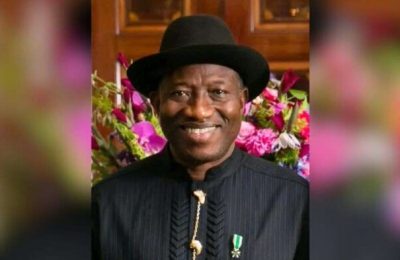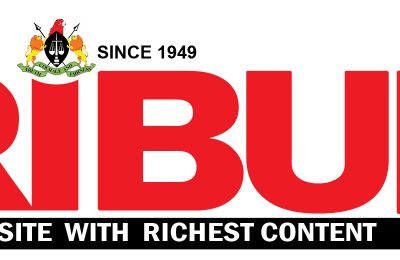Amaechi Okonkwo | Port Harcourt
Stakeholders in the media industry recently had a roundtable discussion with a target of assessing the media performance on the coverage of the February 25 presidential and National Assembly elections.

The roundtable which was held in Port Harcourt considered some pertinent questions relating to how the media fared in its coverage of the elections and if the dominant trends among media houses and journalists in the coverage of the elections.
It also seeks to know if professional standards and ethics were adhered to and women, young people and persons living with disability were adequately captured in reports emanating from the electoral process.
The stakeholders’ roundtable was organised by the International Press Centre (IPC), in collaboration with the European Union Support to Democratic Governance in Nigeria (EU-SDGNII), to assess its ‘media monitoring report on coverage of 2023 electoral process.’
Reviewing the reports on the performance of media at the presidential and national assembly elections, a lecturer at the Rivers State University (RSU), Dr. Dike Harcourt Whyte commended IPC and its partner, the EU-SDGN, for their efforts at strengthening Nigeria’s democracy.

He said the report and stakeholders’ roundtable created a platform for journalists from various media houses to come together and talk about how they can mitigate unfriendly issues and move forward.
Executive Director, Lanre Arogundade, said that his organisation had, last year begun monitoring some print newspapers and online media, in terms of professionalism of their coverage and ethics.
“We also looked at how well they were covering the issues of women, particularly female politicians, persons with disability and young people and we felt that we should subject these findings to a roundtable discussion among our colleagues, so that we can know where the gaps are, the weaknesses and the reasons for these gaps,” he said.
After the February 25 election, a lot of people are aggrieved, and as media organisations, we have to be above all the emotions and sentiments and present the facts and issues to the people,” he said.
IPC’s Communications Officer, Olutoyin Ayoade, said the stakeholders’ roundtable, “apart from unveiling and discussing the outcome of the analysis of trends in reportage of the 2023 election procedures by 15 print/online newspapers and INEC website/twitter platform for January 2023 as captured in IPC’s report will also address related issues of media coverage of the 2023 electoral process, especially ahead of the governorship and House of Assembly elections.”
One of the discussants, Emem Okon, who is the Executive Director of Kebetkache Women Development and Resource Centre, commended IPC for facilitating a report on media coverage of the 2023 elections.
She noted the issue of inclusivity as contained in the report, pointed out that the coverage had been one-sided.
She described women, youths and persons living with disability as segments of the society who are not adequately captured by the media.
YOU SHOULD NOT MISS THESE HEADLINES FROM NIGERIAN TRIBUNE
Governorship poll: Lagos, Oyo, Nasarawa, Rivers, Delta, Kaduna, five others are key battle states
2023 elections: Tinubu’s victory not God’s plan for Nigeria, Peter Obi replies Aisha Buhari, others
I never intended to toy with any lady’s emotions —Yemi Cregx
2023 presidential poll: We’ll hit streets if courts don’t work – LP
Super Eagles legend Vincent Enyeama ranked greatest African goalkeeper






